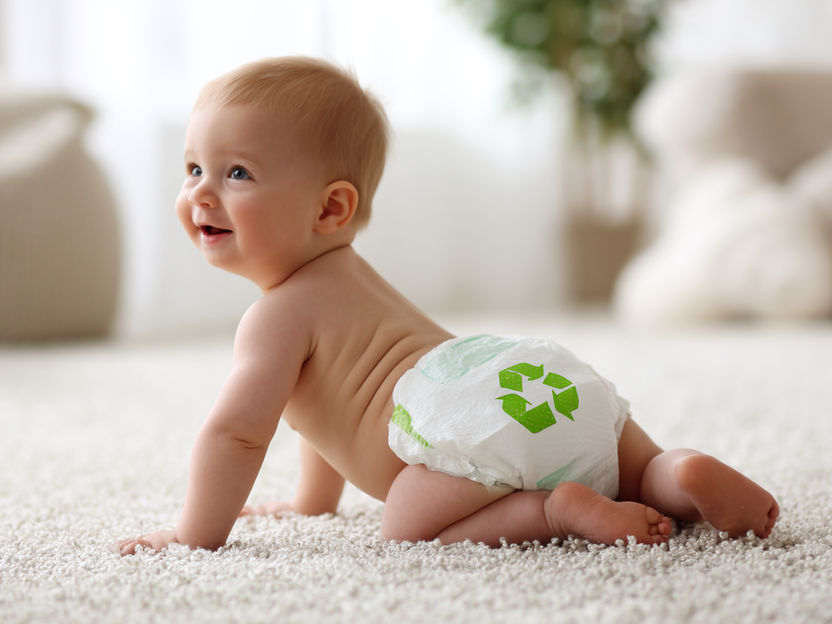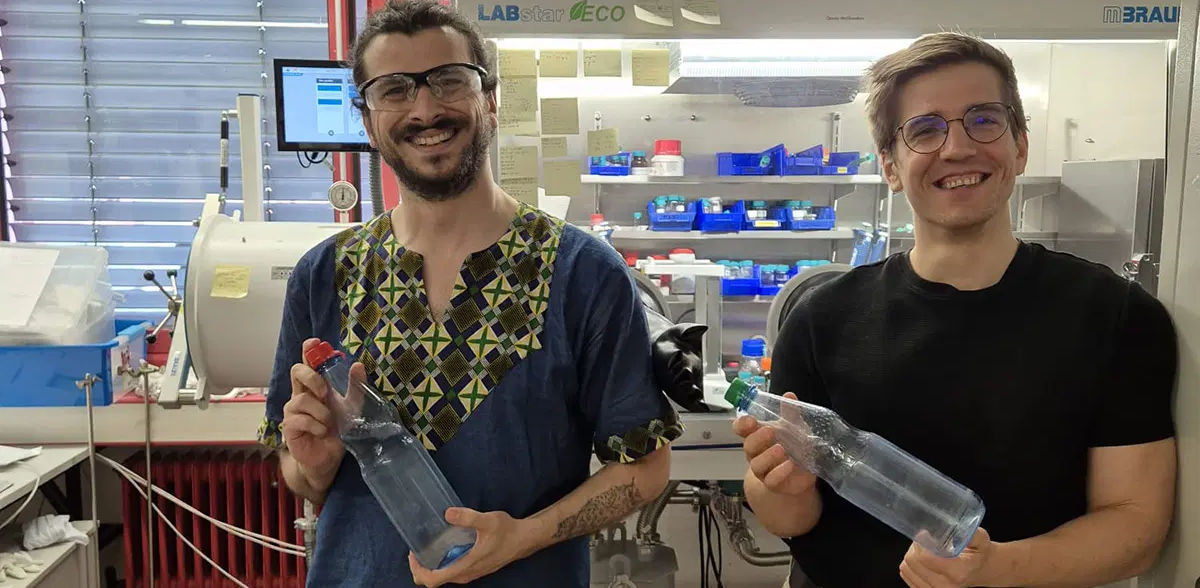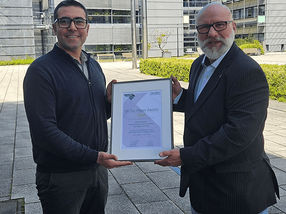Enhancing the Sustainability of Plastics Using Sulphur Waste
Researchers at the University of Bayreuth have found a way to make plastics more sustainable by utilizing sulphur waste from the petroleum refining process. They have developed a method that allows so-called dynamic sulphur bonds to be easily integrated into polyesters. Their findings have been published in the journal Angewandte Chemie.
Dynamic bonds are chemical linkages that can be broken and re-formed with ease, which is crucial for sustainable materials. This allows materials to be repaired or reshaped without being broken down into their basic components. The breaking and re-forming of these bonds is often controlled by a catalyst—a substance that facilitates or speeds up a chemical reaction. Elemental sulphur, a by-product of petroleum refining, contains such dynamic bonds. However, integrating dynamic sulphur bonds into polyester has proven difficult. A research team led by Prof. Dr. Alex Plajer, Junior Professor of Macromolecular Chemistry at the University of Bayreuth, has now succeeded in introducing dynamic sulphur bonds into polyesters using a newly developed method.
In addition to elemental sulphur, the method requires epoxides—a widely used class of chemical starting materials. The researchers discovered that a variety of epoxide types can be used, including those commonly used in industry or even derived from natural sources. This allows the properties of the resulting polymers to be tailored—for example, whether they are hard or soft, or at what temperature they behave like glass. Moreover, the synthesis of the polyesters only requires a simple catalyst: lithium alkoxide. This compound is easy to produce, user-friendly in lab practice, and enables catalysis under relatively mild conditions, which saves energy and reduces costs.
“Interestingly, we discovered that the involvement of sulphur—particularly the so-called S8 ring—accelerates the reaction introducing the dynamic bond. Certain parts of the resulting polymer appear to support the catalytic process. This is a rather unusual mechanism,” says Plajer.
The polyesters produced with dynamic sulphur bonds are stable enough to undergo subsequent modification. Through further chemical reactions, for instance, the material can be crosslinked, enabling its use as a reusable adhesive that can be processed with heat or broken down with acid.
Original publication
Other news from the department science

Get the chemical industry in your inbox
By submitting this form you agree that LUMITOS AG will send you the newsletter(s) selected above by email. Your data will not be passed on to third parties. Your data will be stored and processed in accordance with our data protection regulations. LUMITOS may contact you by email for the purpose of advertising or market and opinion surveys. You can revoke your consent at any time without giving reasons to LUMITOS AG, Ernst-Augustin-Str. 2, 12489 Berlin, Germany or by e-mail at revoke@lumitos.com with effect for the future. In addition, each email contains a link to unsubscribe from the corresponding newsletter.
Most read news
More news from our other portals
Last viewed contents
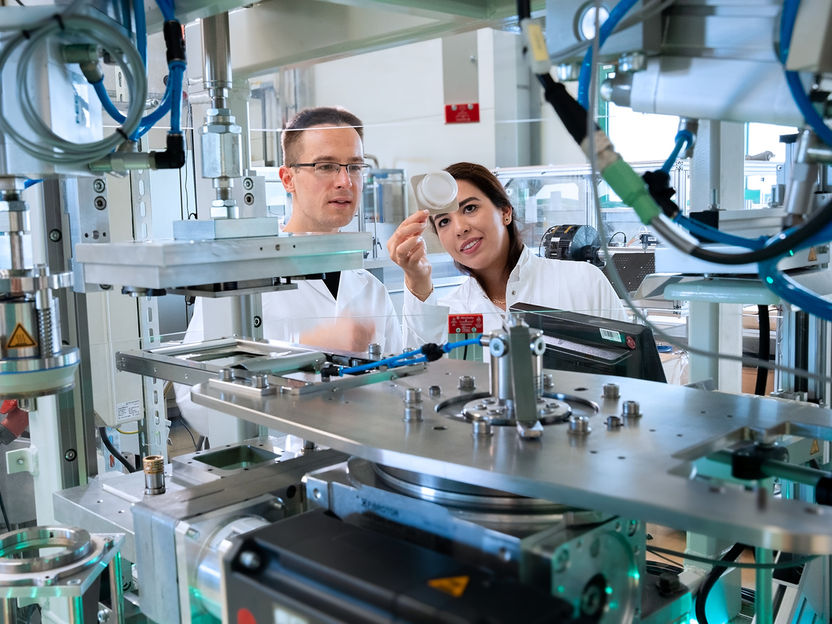
AI: A Game Changer for Plastic Packaging - Circular economy for packaging

Shipping of the future: biodegradable antifouling coatings for clean seas - Interdisciplinarity as the key to sustainable material innovation
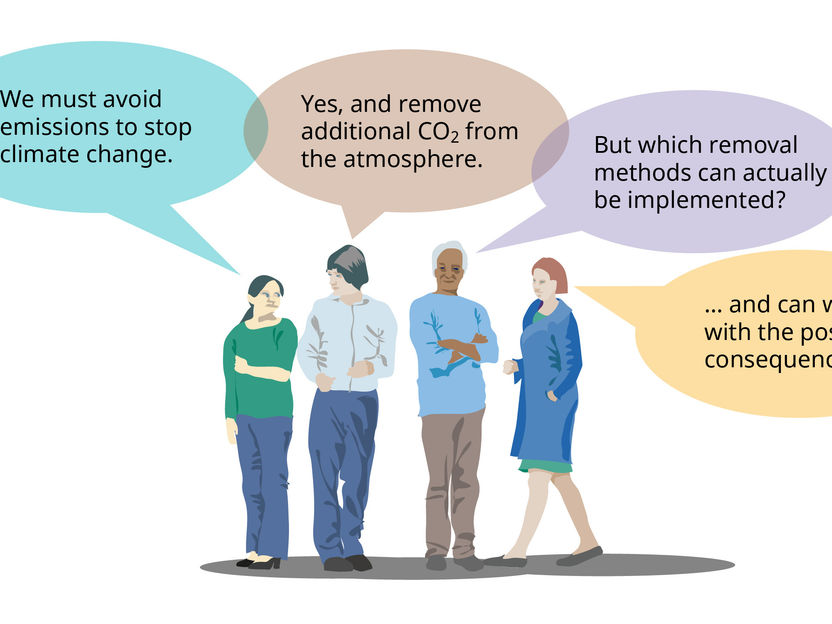
CO₂ removal and storage: Which options are feasible and desirable? - A new framework helps to evaluate the feasibility of ocean-based CO2 removal processes and assesses their impact on humans and nature
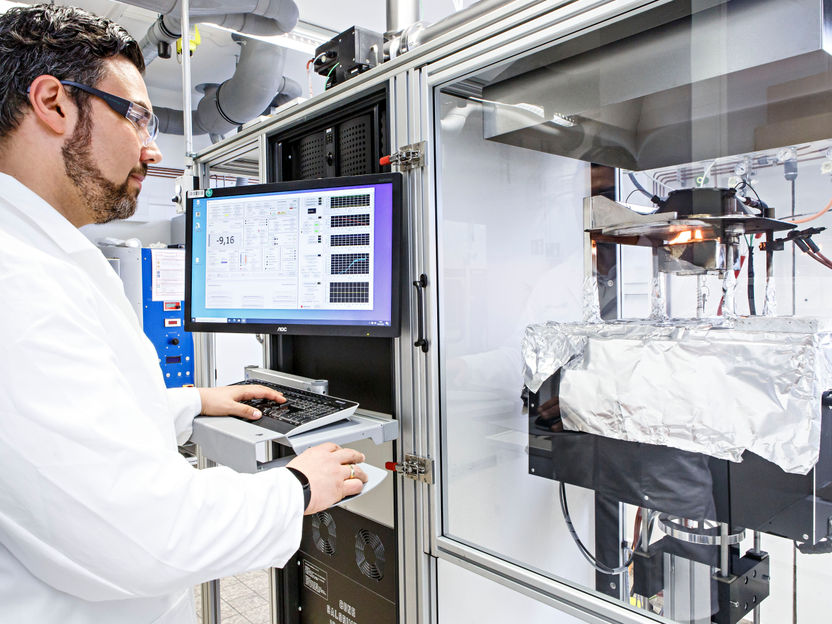
Sustainable plastics containing flame retardants for use in closed-loop applications - New ways for recycling quotas

H.C. Starck Tungsten receives millions in funding for battery recycling - Over 60 million euros for the recycling of battery black mass
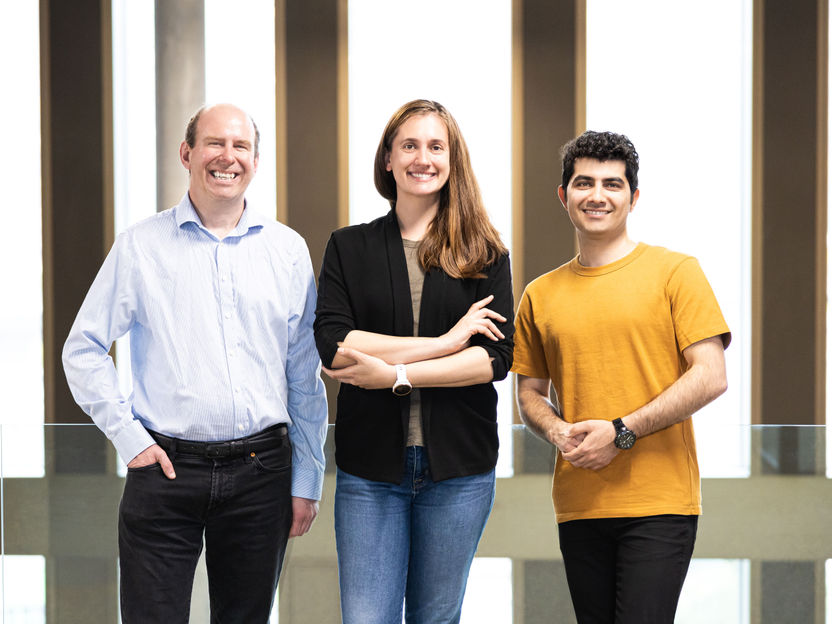
Swiss start-up gives yesterday's plastics a new purpose - DePoly to launch 500-tonne-per-year showcase plant, as it secures $23M
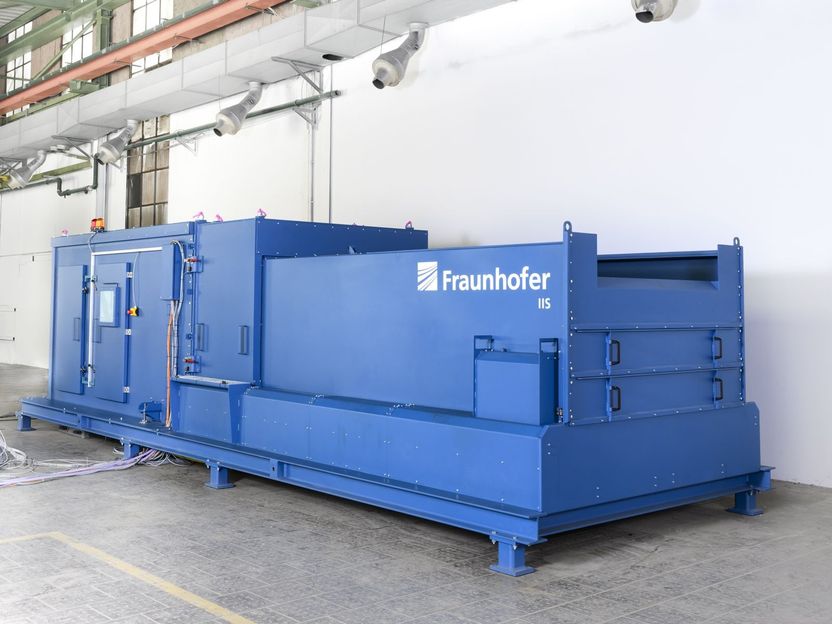
Sensor-Based Waste Sorting Reduces Number of Battery Fires in Recycling Plants
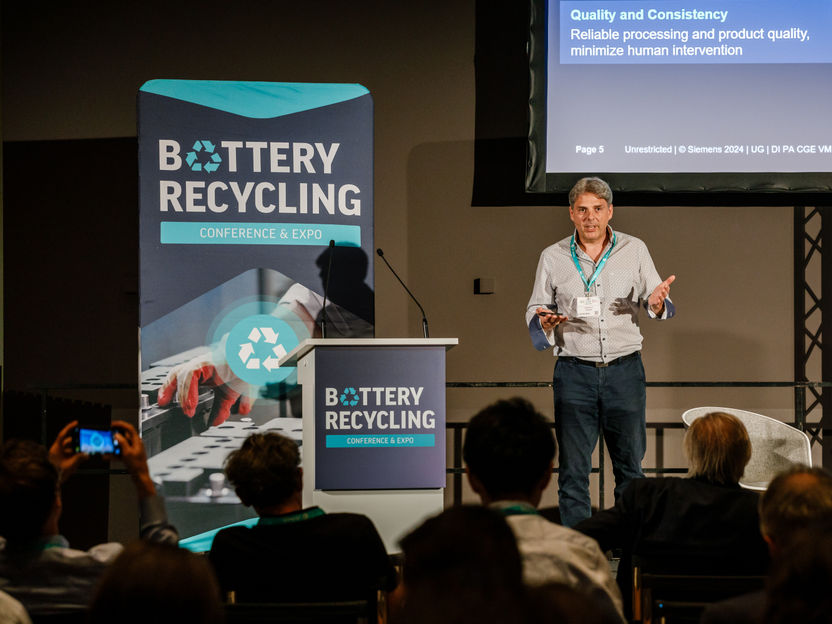
World Leading E-Waste, Battery, Metal, ITAD & Circular Electronics Conference Reveals 2025 Agenda
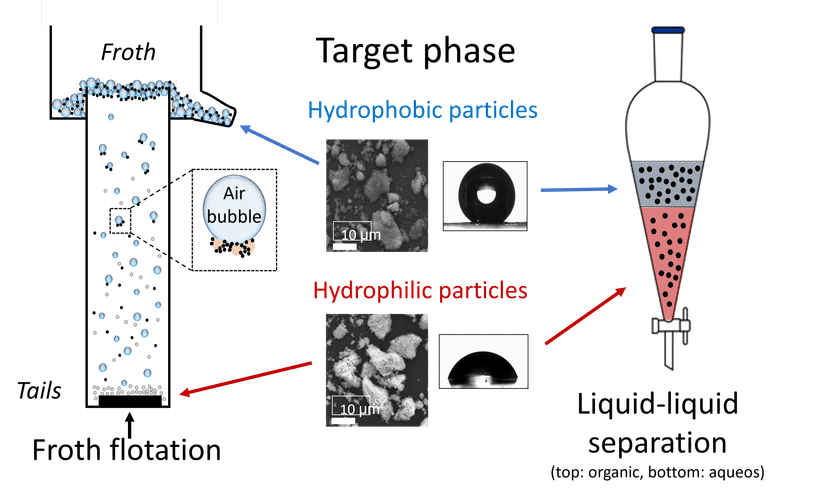
Critical raw materials from electrolysers back into the cycle - Researchers succeed in recycling functional materials for hydrogen production
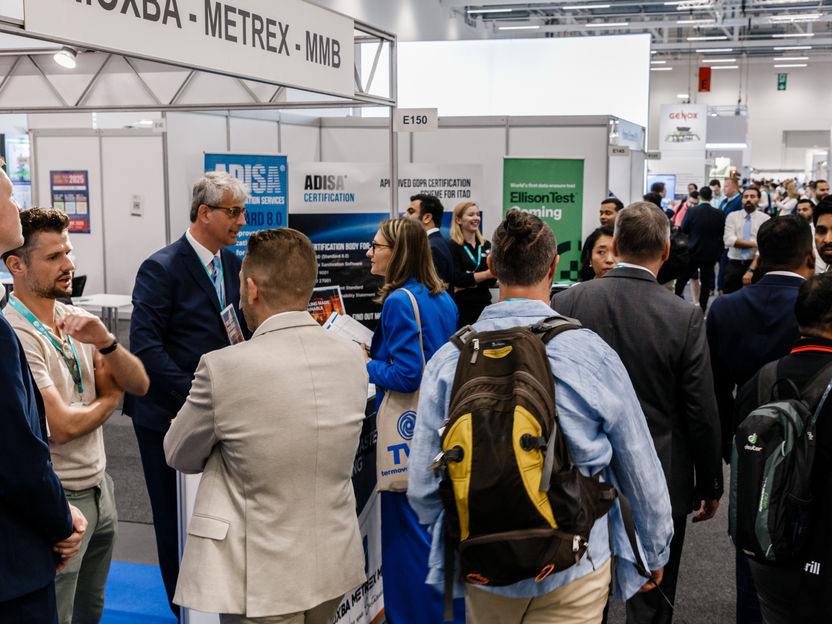
Less than a month to go: E-Waste World, Battery Recycling, Metal Recycling, ITAD & Circular Electronics Conference & Expos 2025 enter final phase
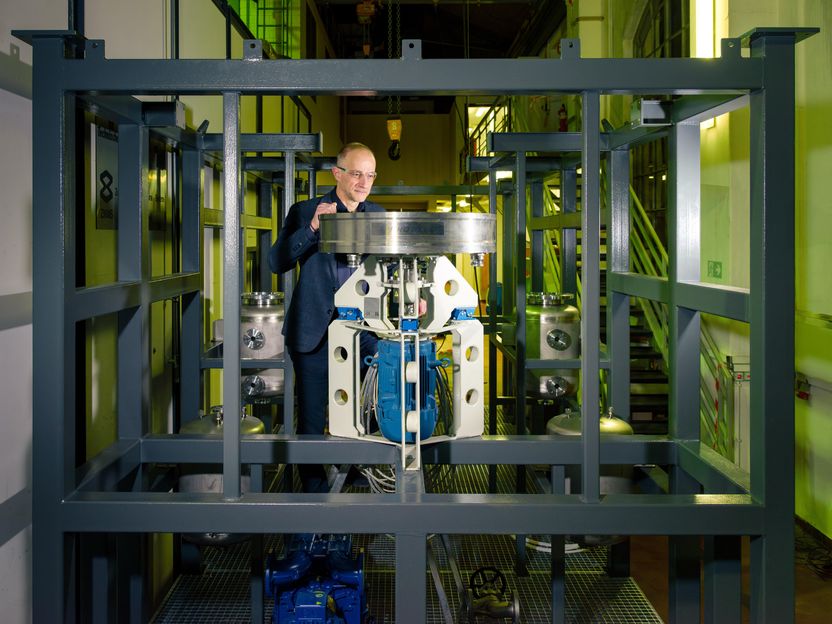
Climate protection in the spin cycle - Science and industry jointly test a new technology for CO2 capture in the cement industry
